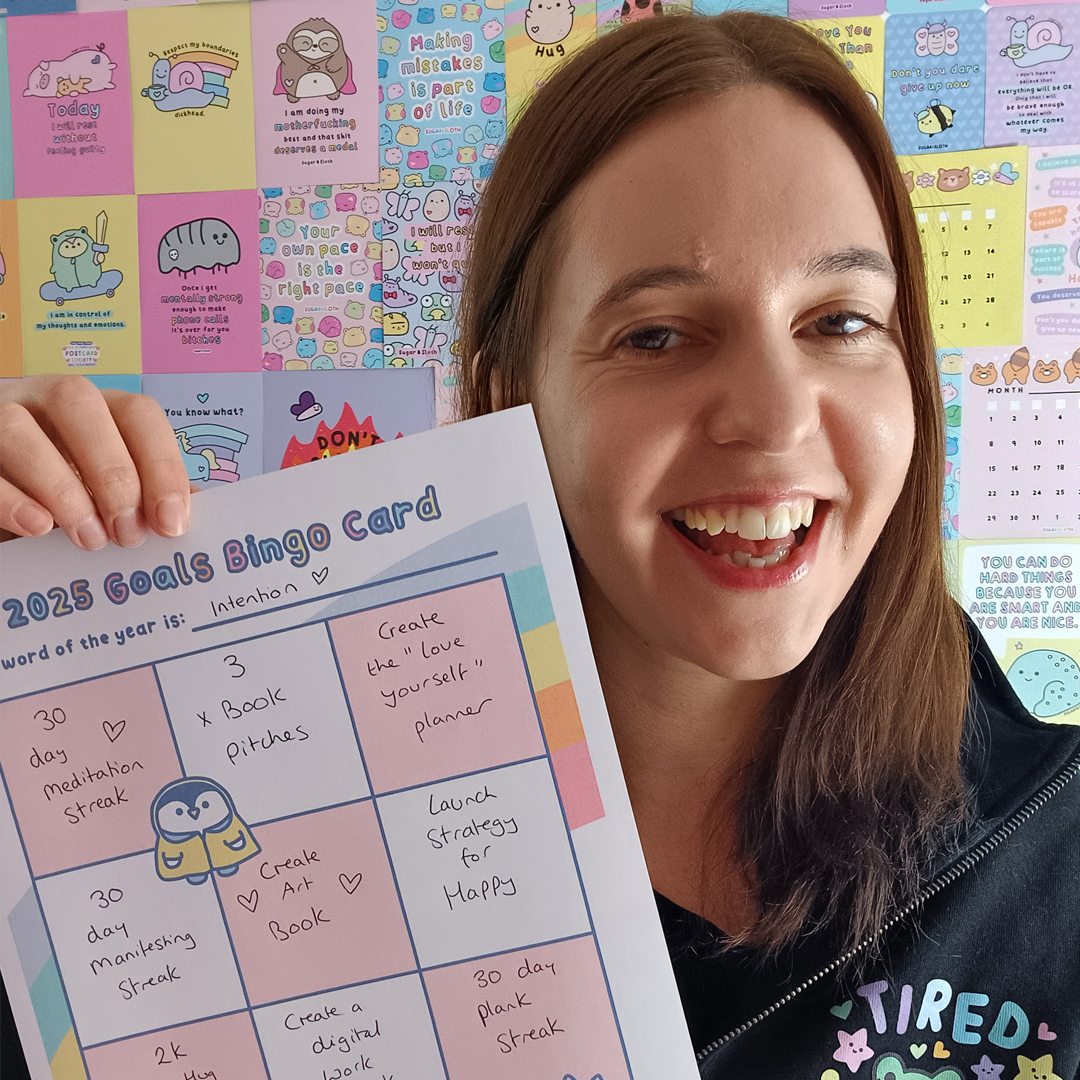Let's talk about Imposter Syndrome: Your Guide to Not Feeling Like a Fraud

Have you ever felt like a fraud, convinced that everyone around you is more competent and deserving of their success?
Bestie, you're not alone. This nagging feeling, known as imposter syndrome, affects people from all walks of life.
Today, we're going to explore what imposter syndrome is, how to identify it, and most importantly, how to cope with it.
What is Imposter Syndrome?
Imagine your mind is a complex maze.
Imposter syndrome is like a deceptive section of the maze, full of twists and turns that lead you to believe you're not truly capable of finding the exit
You know you've successfully navigated other parts of the maze before, but imposter syndrome wipes that self-belief from your memory.
Even with indisputable evidence of success, those experiencing imposter syndrome often attribute their achievements to luck rather than ability.
I've been there myself - even when confronted with cold, hard facts to the contrary, I've been convinced that sooner or later, everyone will realise I'm a fraudster.
Caught In A Trap
Here are some signs you might be getting stuck in the imposter maze.
- Perfectionism: Setting excessively high standards and feeling disappointed when you can't meet them.
- Overworking: Putting in extra hours to prove your worth, even when it's unnecessary.
- Fear of Failure: Avoiding challenges due to the fear of not living up to expectations.
- Discounting Praise: Brushing off compliments or attributing success to external factors.
- Feeling Undeserving: Believing that you don't deserve your achievements or that you're not as competent as others think.
Damn it. . . How will I ever get out of this labyrinth?
Here are some strategies to help you navigate and overcome the imposter maze:
-
Acknowledge Your Feelings Recognising that you're experiencing imposter syndrome is the first step.Understand that it's a common experience and doesn't reflect reality. Acknowledge that feeling lost in the maze is just a temporary detour.
-
Talk About It Share your feelings with trusted friends, family, or colleagues. You'll often find that others have similar feelings and can offer support and reassurance. Sometimes, another perspective can help you see the correct path.
-
Keep a Success Journal Document your achievements, big and small. Reviewing this journal can help remind you of your accomplishments and abilities, like breadcrumbs leading you back to the right track.
-
Challenge Negative Thoughts When you catch yourself thinking negatively, challenge those thoughts. Ask yourself if there's evidence to support them or if they're just based on fear. This is like using a map to correct your direction in the maze.
-
Set Realistic Goals Break your goals into manageable steps. Celebrate each small achievement along the way to build confidence. Each goal is a checkpoint in your maze, guiding you toward the exit.
-
Embrace Mistakes We all make mistakes. Instead of viewing them as failures, see them as opportunities for learning and growth. Think of mistakes as wrong turns that ultimately help you understand the maze better.
-
Seek Feedback Constructive feedback from others can provide a more balanced perspective on your abilities and performance. Sometimes, an outside observer can see a clearer path that you might have missed.
-
Practice Self-Compassion Be kind to yourself. Treat yourself with the same understanding and patience you would offer a friend in a similar situation. Remember, everyone gets lost in the maze sometimes.
-
Focus on Growth Shift your focus from proving yourself to improving yourself. Embrace a growth mindset where learning and development are more important than perfection. This mindset transforms the maze into a journey of discovery.
-
Professional Help If imposter syndrome is significantly impacting your life, consider seeking help from a therapist or counselor. They can offer strategies tailored to your specific needs, like a guide with expert knowledge of the maze.
From in a maze to amazing
Remember, we all have moments of self-doubt.
The key is not to let these feelings control you.
By acknowledging and addressing imposter syndrome, you can start to build a healthier, more realistic self-image.
You've got this!
Celebrate your successes, learn from your setbacks, and keep moving forward. You deserve all the good things coming your way.










Leave a comment